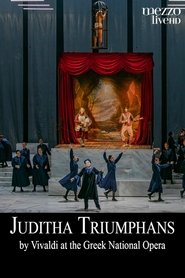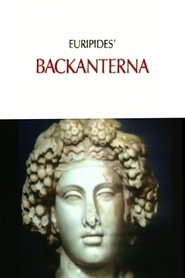detail profile kristina hammarstr c3 b6m

Info Pribadi
Peran Yang Di Mainkan Kristina Hammarström
 This Salzburg Festival production of Le...
This Salzburg Festival production of Le...Le Nozze di Figaro 2023
This Salzburg Festival production of Le nozze di Figaro (2020) offers a radical reinterpretation of Mozart's opera, directed by Martin Kušej, who continues his exploration of Mozart’s works following Don Giovanni (2002) and La clemenza di Tito (2003). The turbulent comedy, laden with erotic entanglements, exposes themes of patriarchal dependency, sexual exploitation, betrayal, and emotional emptiness. French conductor Raphaël Pichon, renowned for historically informed performances, conducts his first opera at Salzburg after his debut at the festival in 2018.
 Antonio Vivaldis baroque music masterpiece Juditha...
Antonio Vivaldis baroque music masterpiece Juditha...Judith Triumphant 2021
Antonio Vivaldi’s baroque music masterpiece Juditha triumphans is presented by the Greek National Opera for the first time, as part of the celebration of the 200th anniversary of the Greek Revolution. The work is about the victory of the Venetians at the siege of Corfu, which acted as a catalyst in stopping the Ottoman advance into the Christian West. Juditha triumphans is the only extant oratorio of the four Vivaldi is known to have composed. The intense war atmosphere is portrayed through the dynamic choral parts, while Juditha’s faith and honesty through the lyric and tender writing. Remarkable is the use of many different and relatively rare instruments, such as the viola d’amore, the chalumeaux (early clarinets) and theorboes, with which Vivaldi brings out the work’s highlights.
 The setting of the opera is...
The setting of the opera is...Alcina 2011
The setting of the opera is the enchantress Alcina's island: here by her magic powers she has created a magnificent palace in a beautiful landscape, to lure her many lovers into her power. One of these is Ruggiero, a warrior, who under Alcina's spell has forsaken his duty and his betrothed, Bradamante.
 The young wine god Dionysus returns...
The young wine god Dionysus returns...The Bacchae 1993
The young wine god Dionysus returns to his native town of Thebes after having established his cult in the east. In his entourage, he has a run of Bacchantes. Semele, his mother, was distrusted by her family when she claimed that Zeus was the father of her child. Dionysus has come to restore her, revealing his divinity, and require proper worship of the Theban legion.
